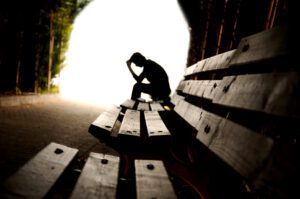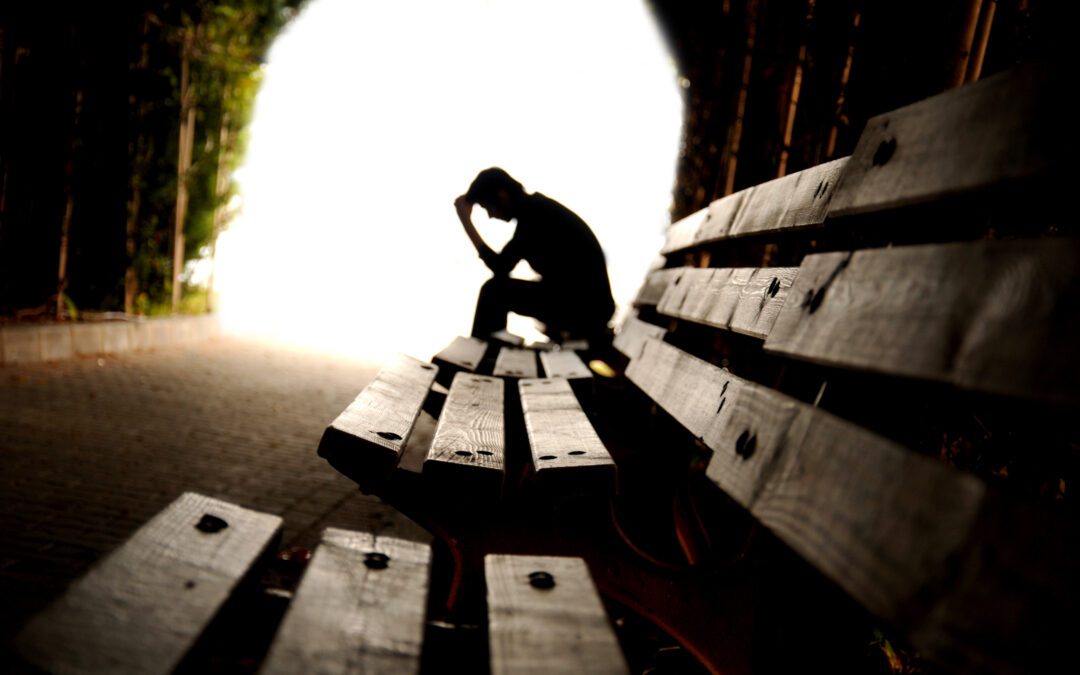
Coping with Loneliness in Your Life or Relationship
Coping with Loneliness?
Find These Strategies for Connection and Well-being

Loneliness is a universal emotion that can affect anyone, regardless of their relationship status or social circle. It’s important to recognize that loneliness is not a sign of weakness, nor is it solely about being physically alone. You can feel lonely even when surrounded by others, making it a complex and deeply personal experience. In this blog post, we’ll delve into effective strategies for coping with loneliness, fostering connection, and enhancing overall well-being.
The Misconceptions about Loneliness
Before we explore coping strategies, let’s debunk some common misconceptions surrounding loneliness. It’s crucial to understand that loneliness is not indicative of personal inadequacy or failure. It’s a part of the human experience, and anyone can experience it, regardless of their circumstances. Loneliness is not solely about physical isolation; it can be an emotional state that arises even in the presence of others. Lastly, loneliness is not always tied to mental health issues, as it can be a temporary feeling that arises during transitional periods or challenging times in life.
Understanding Loneliness… Beyond Physical Isolation
Loneliness goes beyond physical isolation. It is a deep emotional longing for meaningful connection and belonging. It can occur when our need for social interaction and understanding is not adequately fulfilled. Understanding the distinction between physical isolation and emotional loneliness is crucial in developing effective coping strategies. By recognizing the root causes of our loneliness, we can address them more directly and seek out the right support and connection.
Coping Strategies for Nurturing Connection and Well-being
- Mindfulness and Meditation: Cultivate a sense of presence and self-compassion through mindfulness and meditation practices. These techniques can help you develop a deeper understanding of your emotions and provide a grounding anchor during moments of loneliness.
- Engaging in Online Communities: Tap into the power of the digital world to connect with like-minded individuals. Join online communities, forums, or social media groups centered around your interests or hobbies. Engaging in discussions and sharing experiences can cultivate a sense of belonging.
- Pursuing Hobbies and Skill Development: Explore new hobbies or invest time in activities that bring you joy. Engaging in hobbies not only provides a sense of accomplishment but also opens doors to meet new people who share similar interests.
- Incorporating Physical Exercise: Physical exercise has numerous benefits for mental well-being. Engaging in regular physical activity can boost mood, reduce stress, and increase self-confidence. Consider joining group fitness classes or participating in outdoor activities that encourage social interaction.
- Seeking Professional Help and Therapy: Sometimes, loneliness can be deeply rooted and difficult to overcome alone. Seeking professional help and therapy can provide invaluable support in navigating feelings of loneliness and developing strategies for building meaningful connections.
The Power of Professional Therapy
Meet Sarah, a young professional who felt overwhelmed by persistent feelings of loneliness. Despite having a busy social life, she struggled to establish deep connections and often felt misunderstood. Seeking support, Sarah decided to explore therapy. Through regular therapy sessions, she gained a deeper understanding of herself, developed healthy coping mechanisms, and learned effective communication skills. Therapy gave her the tools to navigate her emotions, build confidence, and cultivate authentic connections with others. Today, Sarah is thriving, surrounded by a supportive network of friends and loved ones.
Embracing Support and Connection
If you’re experiencing loneliness, it’s essential to remember that you’re not alone in this journey. By acknowledging and addressing your feelings, you’ve taken the first step towards meaningful change. Embrace the coping strategies we’ve discussed, and don’t hesitate to seek support from professionals or loved ones. Remember, connection is a fundamental human need, and by nurturing it, you can create a life filled with meaningful relationships and a stronger sense of belonging. You deserve to feel connected, supported, and valued. Together, let’s navigate the journey toward connection and well-being.
If you’re ready to connect with a licensed therapist, reach out.

